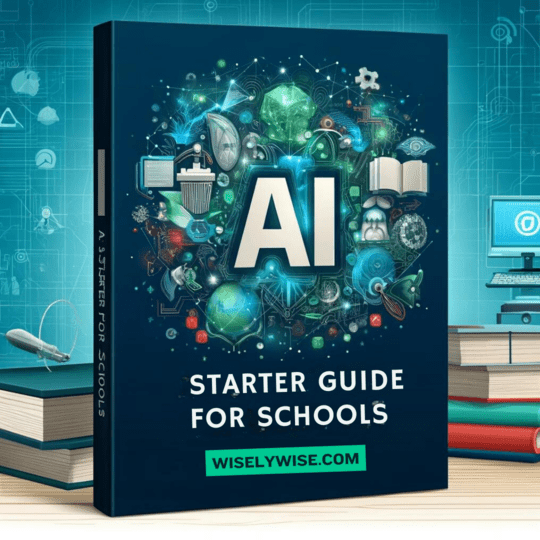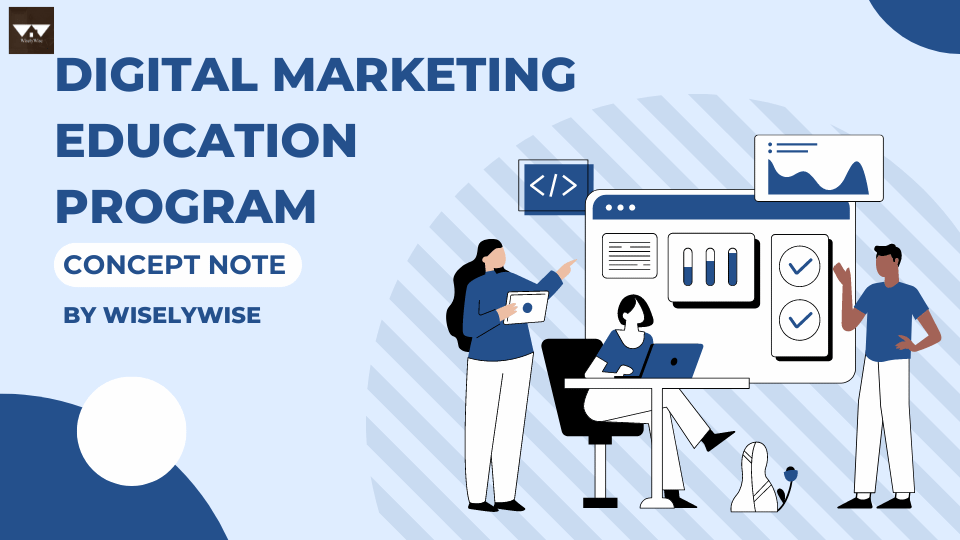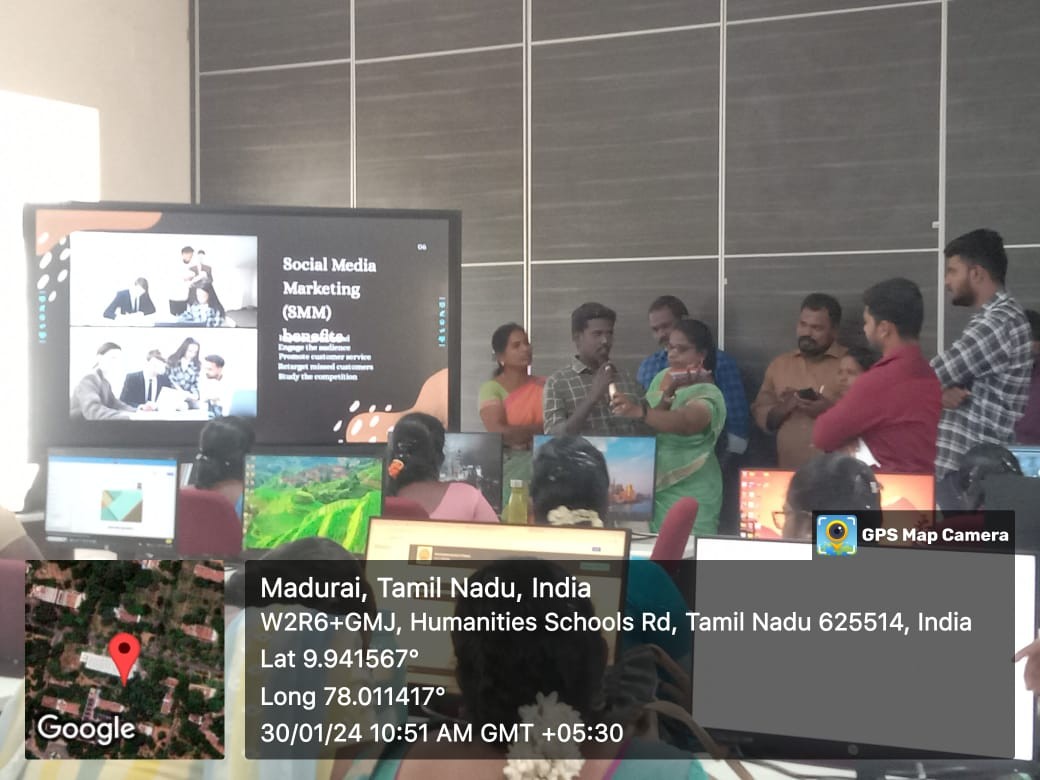Background
In the fast-evolving job market, a significant transformation is taking place with digital marketing at its core. Studies suggest that a large portion of today’s college students will enter jobs that are just emerging, necessitating skills that still need to be mainstream. Furthermore, there’s a growing concern about the disparity in participation rates in digital fields, particularly among women. Digital marketing skills are becoming crucial across all job sectors, driving the need for a comprehensive educational approach that goes beyond traditional marketing studies. The partnership with governments and the successful rollout of several initiatives underscores the urgent need for scalable, impactful digital marketing education. WiselyWise’s commitment to this cause is evident in its innovative programs that equip students with necessary digital marketing skills, preparing them for success in a digitally driven economy.
Purpose: Digital Marketing Skills Training
The WiselyWise Digital Marketing Education Program aims to address this critical skills gap by providing college students with in-depth, practical knowledge and experience in digital marketing. This initiative aims to democratize access to quality digital marketing education, ensuring that future professionals are well-prepared for the challenges and opportunities of the digital age. By doing so, the program seeks to contribute to the creation of a knowledgeable, skilled workforce that can leverage digital marketing strategies to drive business success and societal advancement.
Expected Outcomes: Digital Marketing Skills Training
Students will acquire comprehensive digital marketing skills, from foundational concepts to advanced strategies.
Enhanced employability of students, preparing them for diverse roles within the digital marketing ecosystem.
Educational institutions will become pivotal in nurturing talent, fostering innovation, and advancing digital literacy.
Significant ROI for Corporate Sponsors through the development of a skilled workforce ready to tackle future digital marketing challenges.
Duration and Format
The Digital Marketing Education Program will be implemented each semester and will offer a Single Course suited for the year of study, thus covering all years of study from Bachelor to Master. It will cater to college students across various disciplines, offering a hybrid (Phygital) mode of delivery. This approach combines online self-study on the WiseCentral platform with practical, in-school classes led by trained educators.
Online Learning: Access to comprehensive courses on WiseCentral, including interactive modules, quizzes, and assignments.
Hands-on Learning: Utilization of Maya, the AI CoPilot for Education, to enhance student projects and learning experiences.
Community-Based Learning: Opportunities for students to engage in collaborative projects, discussions, and presentations, fostering a community of digital marketing practitioners.
Target Area and Beneficiaries:Digital Marketing Skills Training
This program is designed to be scalable, with the potential to be implemented in a single institution or across multiple universities and colleges. Our partnership with the state government in India has already demonstrated success across 3 universities, 15+ districts, 150+ colleges, reaching over 10,000 students.
Faculty Development: More than 200 faculty members have been trained through a 5-day development program, ensuring that educators are equipped to deliver high-quality digital marketing education.
Program Approach: Digital Marketing Skills Training
WiselyWise’s comprehensive program approach includes:
From Zero to Digital Marketer Course: A foundational course designed to take students from beginners to skilled digital marketers.
Access to Maya: Enhancing learning and project completion through AI-driven insights and assistance.
WiseCentral Platform: A centralized learning environment for accessing courses, resources, and collaboration tools.
Faculty Development Programs: Equipping educators with the latest digital marketing teaching methodologies.
Interactive AMA Sessions: Direct engagement with industry experts to address real-world digital marketing challenges.
Budget
The program’s budget will be tailored based on the scope of implementation, including the number of institutions, students, faculty, and the duration of the program.
Monitoring
Ongoing monitoring and evaluation will be conducted using the WiseCentral platform, ensuring program effectiveness and alignment with educational goals. Regular reports will be provided to stakeholders, including sponsors and educational institutions, to facilitate continuous improvement and impact assessment.
Conclusion: Digital Marketing Skills Training
WiselyWise’s Digital Marketing Education Program represents a forward-thinking approach to preparing college students for the demands of the digital economy. Through strategic partnerships, innovative learning methodologies, and a focus on real-world applicability, WiselyWise is committed to shaping the future of digital marketing education. Join us in this transformative journey to empower the next generation of digital marketing professionals.
Contact information
Chandra Kumar
Founder & CEO
WiselyWise Singapore
Email: cxo@wiselywise.com
WhatsApp/Mobile: +65-8268 4140
#DigitalMarketing #EducationalInnovation #WiselyWise #Empowerment #FutureOfWork #DigitalSkills #ProfessionalDevelopment





Recent Comments